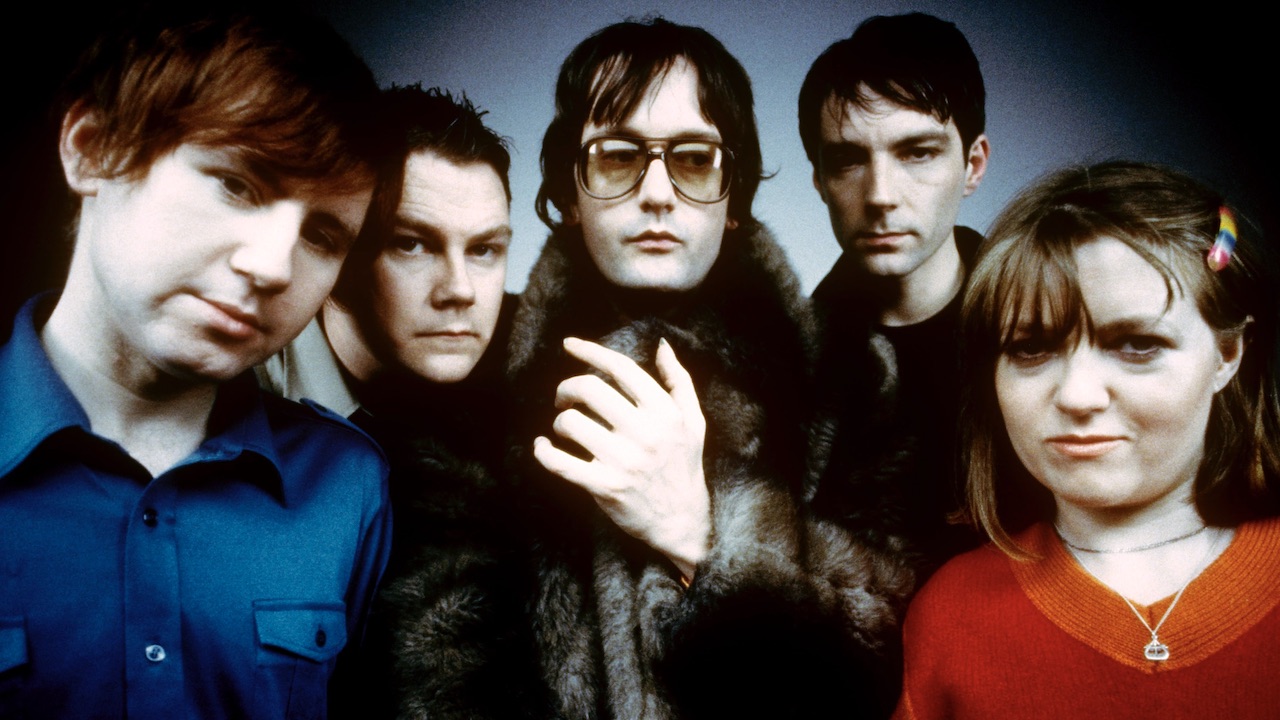
In the early days of Pulp, Jarvis Cocker had to play some shows in a wheelchair after he fell out of a third-story window while doing a Spider-Man impression; an ill-fated attempt to impress a girl. It’s a story that perhaps provides some context as to why it took the Sheffield indie darlings 16 years to find the fame and fortune they so dearly craved. They simply weren’t ready.
So synonymous are Pulp with the heyday of 1990s Britpop, it’s almost jarring to think that they were at the coalface for so much longer than their apparent overnight success would suggest. Long before he was escorted offstage for heroically mooning the pomposity of Michael Jackson’s 1996 BRITs performance, Jarvis just couldn’t get arrested. It meant that when they did arrive however, they were fully formed, and in their uniquely sardonic frontman a most unlikely star was born. At the height of that success came the spoils of Glastonbury headline slots, chart-topping hits, Mercury Prizes, and even the slings and arrows of tabloid scrutiny.
With seven studio albums to their name across a long and illustrious career, theirs is a story of slow-burn evolution. To sort through it, we’ve ranked the records from worst to best.

7. It (1983)

Whatever It was, Pulp didn’t quite have it. At least not yet. Far removed from the preening pop majesty that would come to define them, this scrappy mini album is a familiar tale of young musicians still finding their feet, obviously indebted to their influences (The Smiths, Leonard Cohen), and in this instance, overly reliant on maudlin folk.
It didn’t set the world on fire, but it did introduce the talents of frontman Jarvis Cocker, who sounds remarkably self-assured and mature, despite having only just left his teenage years behind. The quirky haze of Blue Girls and the jangly whimsy of Looking For Life are worth a curiosity spin, but this is otherwise largely skippable fare.
6. Freaks: Ten Stories About Power, Claustrophobia, Suffocation And Holding Hands (1987)
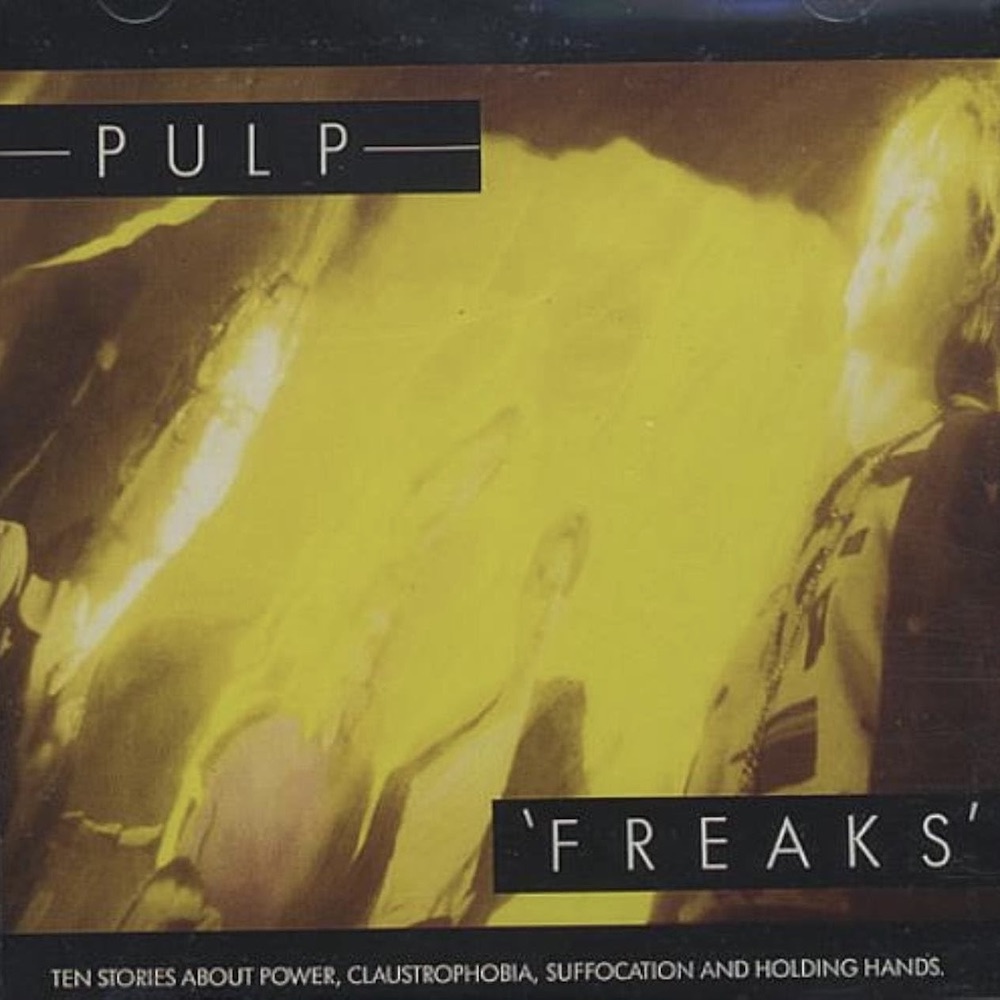
Featuring, for the first time, long-serving members Magnus Doyle on drums, his sister Candida on keys, and Russell Senior on guitar and violin, Pulp became an almost entirely new band due to most of the original members having left to go to university. Jarvis remained, of course, although he takes a step back while Senior contributes vocals to the Birthday Party-meets-Tindersticks double whammy of opener Fairground, and the equally deranged Anorexic Beauty.
Of interest in the sleeve notes, there’s an inscription that reads: “Now listen; these freaks we’re talking about, they’re just normal people gone a bit wrong, that’s all,”. In a fashion, that laid down something of a thematic blueprint which would serve the band well for years to come. Although a useful exercise in experimentation, the record ultimately did little to further the band’s cause.
5. Separations (1992
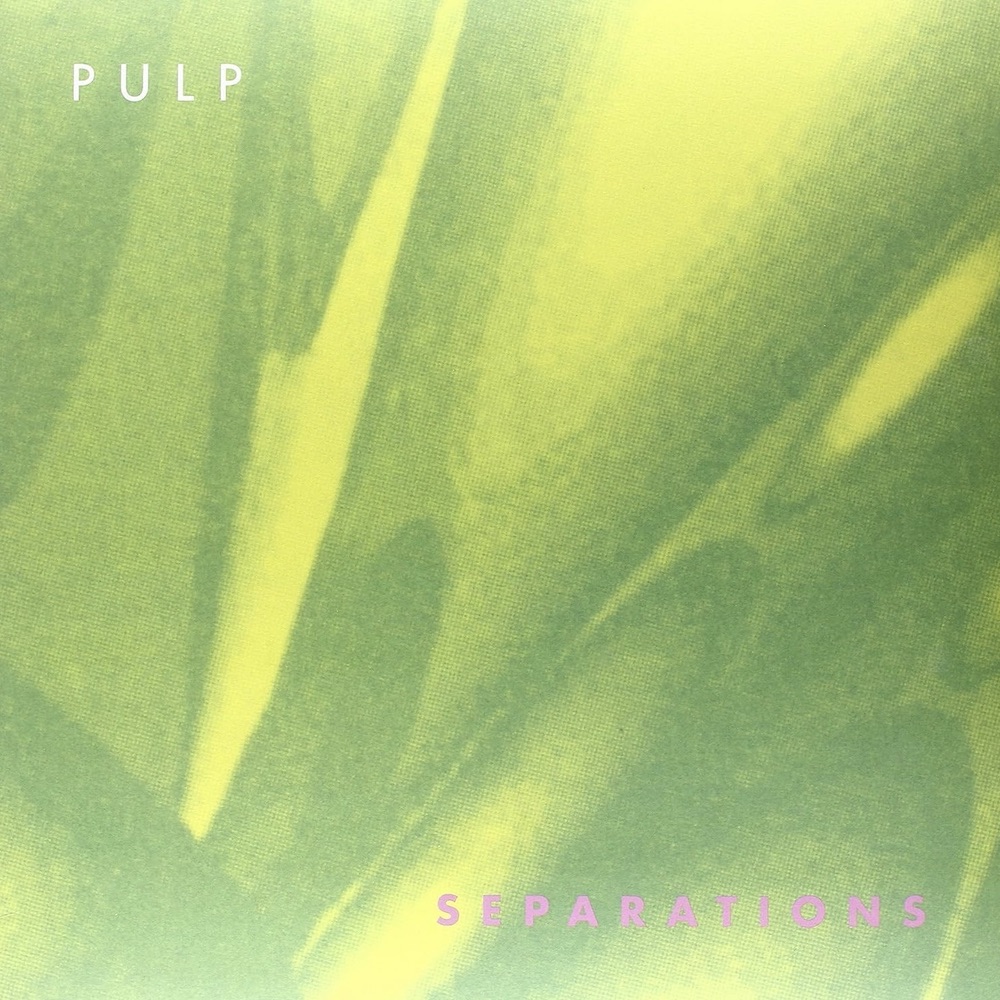
Recorded in 1989 while Jarvis studied at Central Saint Martins College of Art and Design in London, so much had changed in the musical landscape by the time Separations saw the light of day three years later. A record of two halves, thanks largely to the introduction of new bassist Steve Mackey bringing an acid house perspective to the Pulp party, what it lacks in punctuality and cohesion it makes up for in charm and character.
For the first time, it feels like the band truly understood the brief and the frontman’s Scott Walker-isms start to make sense. The grubby club thrust of This House Is Condemned couldn’t be more contrasting to the gothic mope of Down By The River, leaving an overall impression of a band still working out their identity, but in the Talking Heads-if-they-were-from-Yorkshire sass of Countdown, there are hints of the promise that would soon see them make waves.
4. We Love Life (2001)
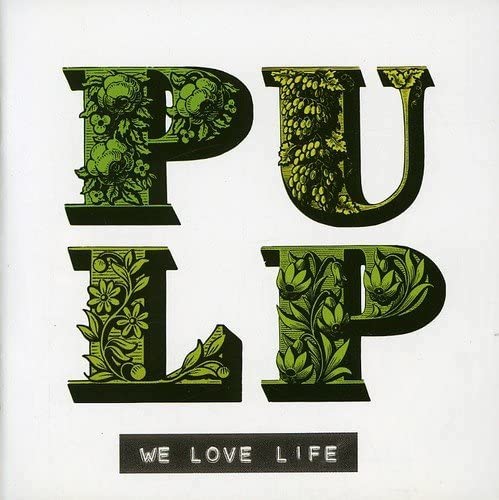
Throwing out much of the acerbic wit of old in favour of a much more pastoral perspective that on the surface substitutes sordid subject matter for ruminations on the wonders of nature (yes, really), We Love Life is probably the Pulp album most unlike the others. That’s not to say there isn’t much to admire within the band’s root and branch reinvention. There’s grandiosity and a baroque sensibility at play (the album is produced by the legendary Scott Walker, after all) while the lyrical symbolism still has a lot of sex and society in its crosshairs. And Bad Cover Version is arguably one of the finer moments in the band’s entire catalogue, with a pop star 'lookalikes' video that's genuinely laugh out loud funny.
The sad fact remains though that success took its sweet time coming around for the Sheffield gang, but in half that time since, they were creatively spent (on record at least). As a parting artistic statement, the band’s seventh album is but a curiosity coda in the grand scheme of their storied evolution.
3. His’n’Hers (1994)
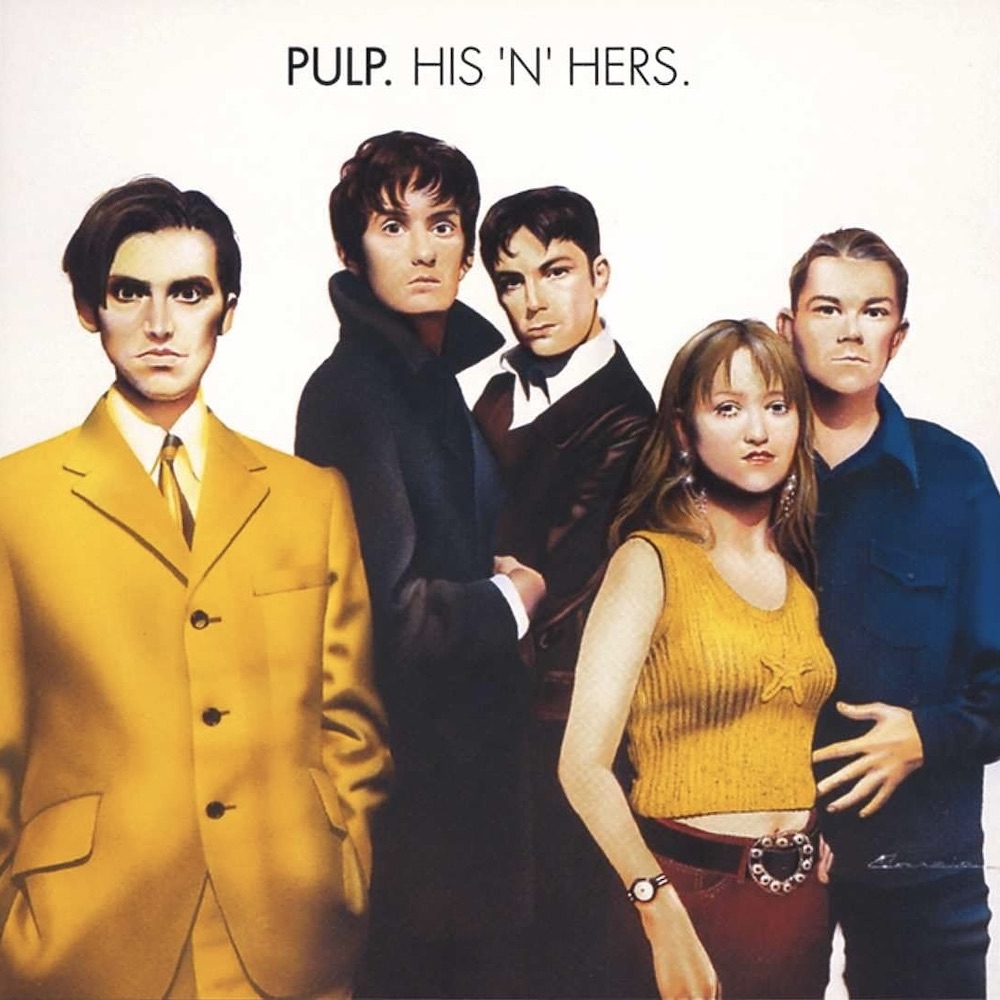
Where finally, the pendulum swung in favour of the Sheffield hopefuls, marking a turning point that saw them transition from the earlier, darker sound to a much sleeker, refined style with pop smarts and accessibility at the forefront. The delightfully lascivious Babies and libidinous Do You Remember The First Time? offer the first real tasters of just how incisive their songwriting could be, echoed across an album that comprises classic navel-gazing themes of young love, lust, yearning and heartbreak, where melody rules all and Jarvis lithely shimmies his distinctive frame into the spotlight as a voice and a star to be reckoned with.
If the band’s first three albums represented a kind of growing up in public with all their mistakes on view and clear to the world, His’n’Hers is an adolescent triumph, where personal identity is truly formed. Here, Pulp know exactly who they are, and they’re only growing in confidence, stature, and abilities.
2. This Is Hardcore (1998)

After the party, someone has to clean up. And This Is Hardcore is Pulp sorting through the mess following the glorious highs of their commercial peak, figuratively looking around and offering a near-nihilistic shrug of, ‘Is this it?’
Britpop may have swept them along for the ride just a few years prior, but it was running out of puff just as swiftly, and what remained was culturally bereft. Russell Senior had had his fill and said his goodbyes. Jarvis reflectively ponders “the sound of loneliness turned up to 10” and the oncoming rush of middle age on Help The Aged. There’s serious comedown anxiety coursing through The Fear. The tone is bleak and forlorn throughout, even when lush strings and multi-layered pop sensibilities belie the underlying sentiments.
This Is Hardcore is a boldly creative statement that ultimately tanked. When more of the same would have cemented their place as a chart-topping sure thing, Pulp instead delivered an honest, authentic appraisal that cut through the final dregs of Britpop like a dagger.
1. Different Class (1995)
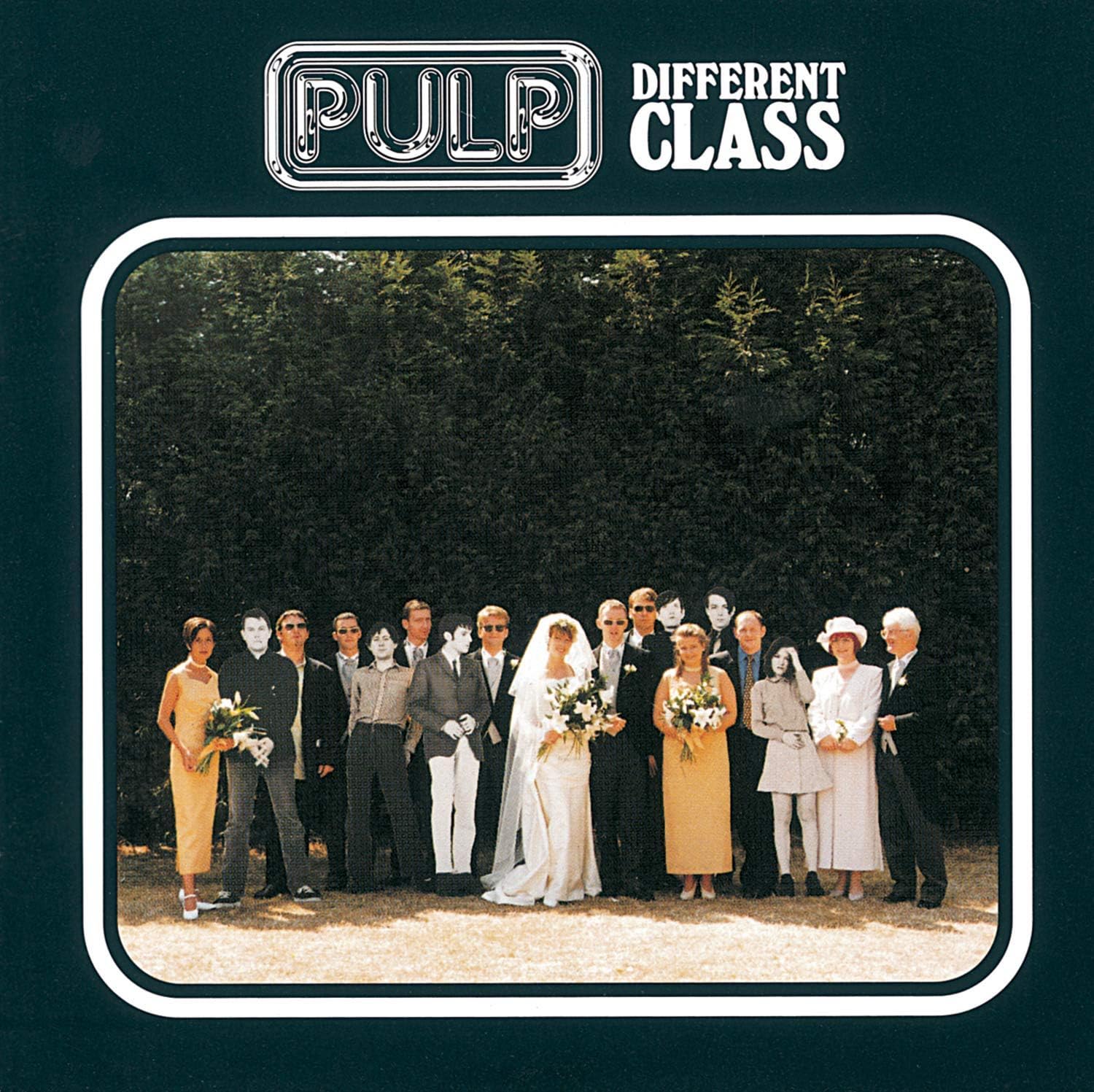
A story of overnight success 16 years in the making, Pulp etched their name into British musical folklore with their iconic fifth album. The pursuit of pop stardom finally realised thanks to a clutch of unbeatable singles and equally memorable videos, it catapulted the Sheffield band from the indie margins and into the mainstream. Common People and Disco 2000 are transcendent and rightly revered for the sharpness of their social commentary and anthemic pop perfection. But Different Class has so much more to offer than those two totemic, timeless singles.
The jaunty, self-conscious Mis-Shapes reaffirms the band’s proud outsider status. I Spy bullseyes on deliciously leering, whereas Something Changed aims for cinematic grandeur. Cocker reportedly wrote eight of the album’s 12 tracks in a 48-hour burst of inspiration, as if aware that his chance has come and this was his shot at the big time. The record duly entered the UK albums chart at number one, a feat matched by universal critical praise and all manner of awards, including the Mercury Prize the following year. It is, unquestionably, the band’s crowning glory and one of the finest British albums of the decade.







